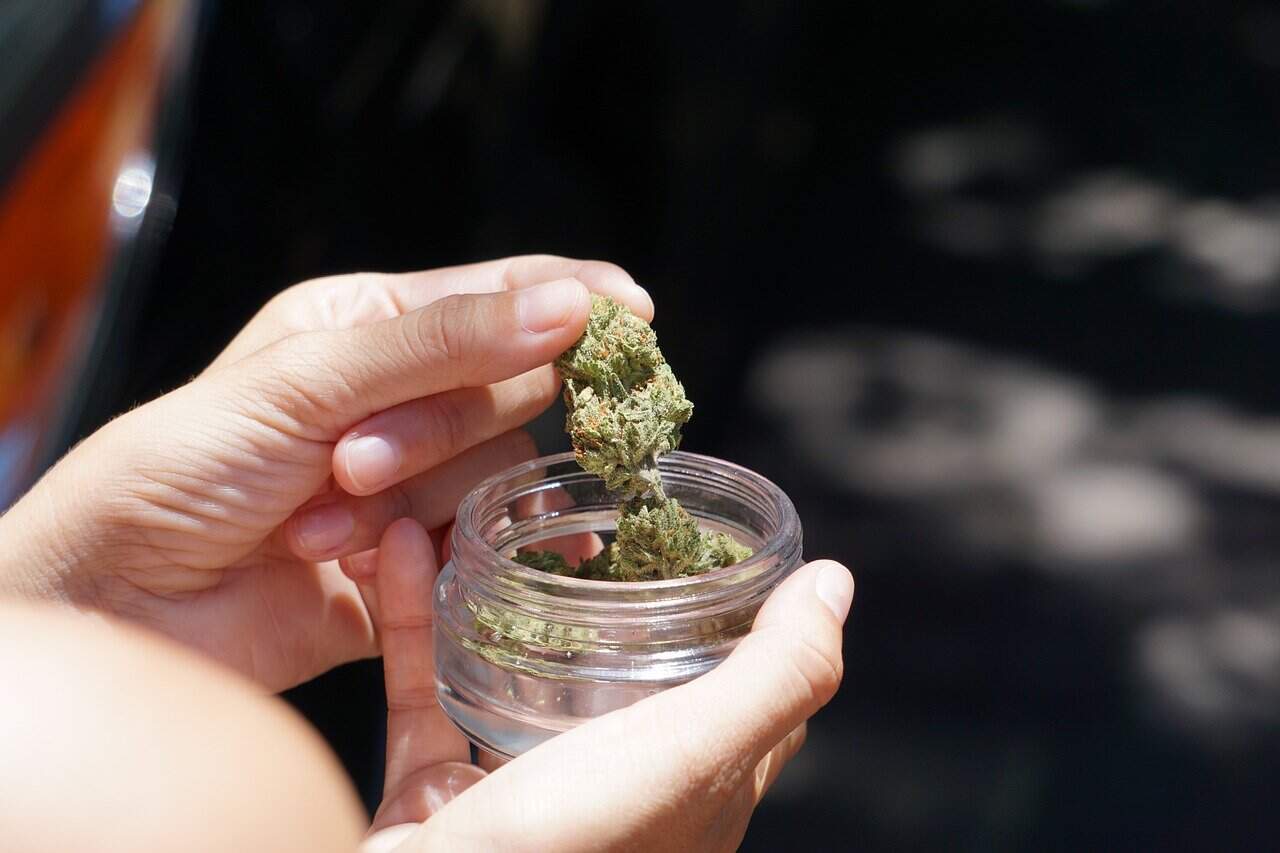After years of waiting, medical cannabis is now available in Costa Rica. However, access remains tightly regulated. Its sale is restricted exclusively to pharmacies, and a doctor’s prescription is required, according to the newly enacted regulation. This means access to these products will be more limited than some businesses and patients had anticipated.
Experts from the Costa Rican Association of Pharmacists emphasized that these requirements are necessary to ensure a model that guarantees safe, professional, and controlled use. Patients with conditions such as cancer, fibromyalgia, epilepsy, and other chronic illnesses can now seek complementary treatment options through medical cannabis, “The approval of this regulation represents an opportunity to offer complementary therapies to patients who require them, as long as the established criteria are respected.
It is not a first-line therapy, but a complement that must be managed with the same rigor we apply to any other medication,” said Andrés Guzmán, board member of the Costa Rican Association of Pharmacists. To guarantee strict control in dispensing and administration, the association insisted that medical cannabis must only be accessed through a valid medical prescription, similar to other psychotropic drugs. Pharmacies will use Costa Rica’s digital prescription system to verify authenticity and prevent abuse or overdose.
The government’s decision has drawn criticism from the private sector, which argues that the model favors limited competition. Roy Thompson, CEO of MasVerde, said the regulation effectively creates an “oligopoly” by granting pharmacies exclusive rights to sell the product.
“The current design does not promote the industry. As the law stands, an oligopoly is granted to pharmacies. We will see if they really make the investment and reach the number of people they expect,” he said. Thompson is even considering taking the issue to the Constitutional Chamber to challenge the restriction.
Globally, the medical cannabis industry was valued at $6.8 billion in 2020 and is projected to reach $53.9 billion by 2030. With proven therapeutic properties for a range of conditions, medical cannabis continues to gain widespread acceptance.






